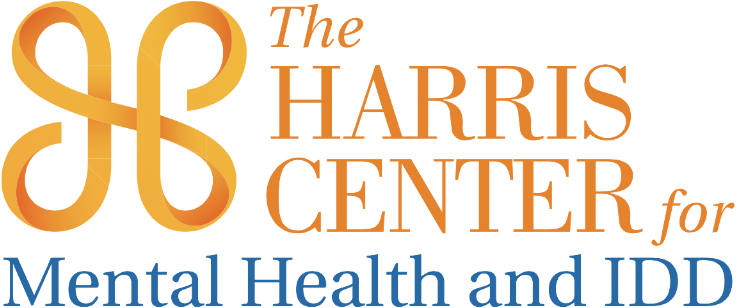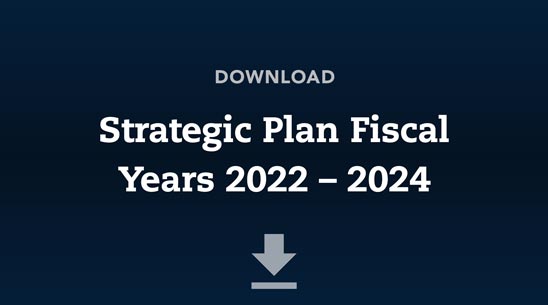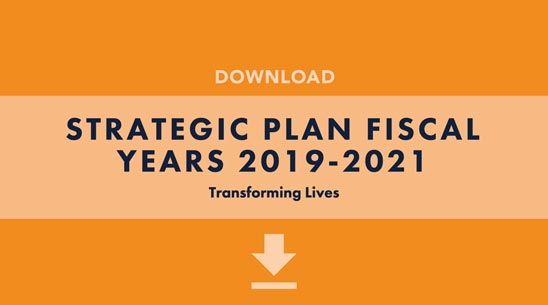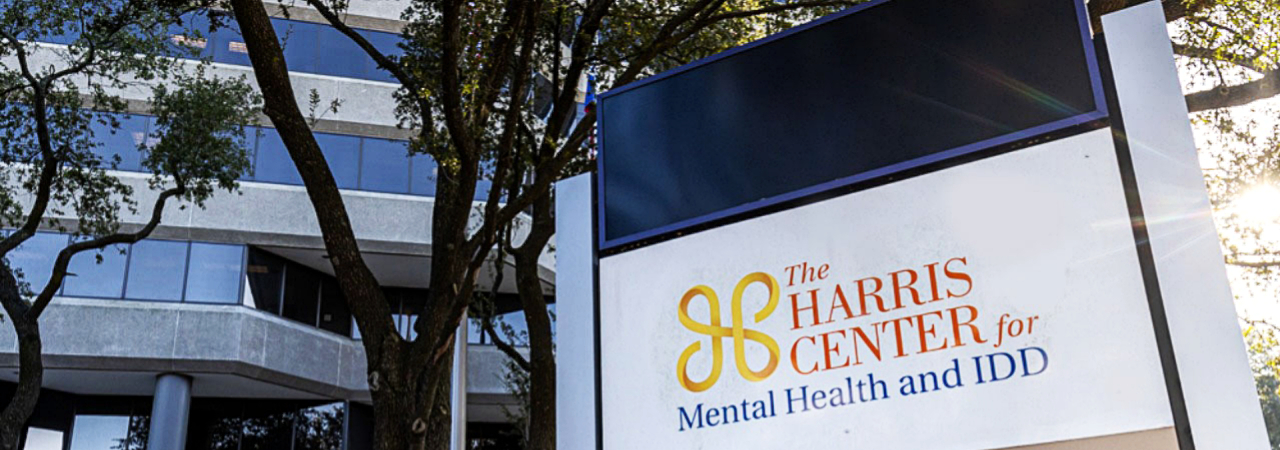
What Makes Us Different
As the largest provider in Texas, The Harris Center for Mental Health and Intellectual and Developmental Disabilities (IDD) strives to provide high-quality, efficient, and cost-effective services so that persons with behavioral health and developmental needs may live with dignity as fully functioning, participating, and contributing members of our community. We do not deny services based on a patient’s inability to pay for any reason, including race, color, sex, national origin, disability, religion, age, sexual orientation, or gender identity.
Our Impact
With support from local, state and federal levels, The Harris Center provides high-quality, efficient, and cost-effective services so that persons with behavioral health needs may live with dignity as fully functioning, participating, and contributing members of our community. Each year, we serve tens of thousands of Harris County’s most vulnerable populations with more than a million services in every corner of the County. Our strong community partnerships and support allow us to provide care and contribute to making Harris County a resilient community with a strong safety net.
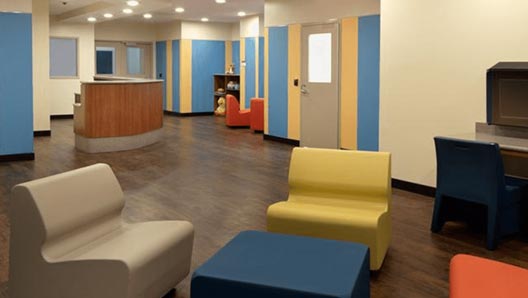
Current employees exploring new opportunities within The Harris Center, Login here.
Download the Know Your Rights: Workplace Discrimination is Illegal PDF
FAQs
The Texas requirements for registering as a foreign entity can be found in the Texas Business Organizations Code Section 9.001. An entity must file an application for registration, previously known as an application for certificate of authority, if it "transacts business" in Texas. Texas statutes do not specifically define "transacting business;" however, section 9.251 of the BOC lists 15 activities that do not constitute "transacting business." Generally, a foreign entity is transacting business in Texas if it has an office or an employee in Texas or is otherwise pursuing one of its purposes in Texas. The secretary of state cannot give a legal opinion as to whether a particular foreign entity is "transacting business" in Texas. The Contract Services department will ask for documentation of foreign entity registration if the entity named in and/or submitting the bid response or contract has its principle business outside of Texas. If you are unsure whether registration is required, please consult with your legal counsel.
We are grateful support and encourage you to donate to The Harris Center Foundation for Mental Health and IDD. To do so, visit theharriscenterfoundation.org
- If you or a loved one are living with a developmental disability and would like to show support for this community, contact organizations like The Arc and The Center for Pursuit.
- If you or a loved one are living with a behavioral health condition and would like to show support for this community, contact organizations like Mental Health America and the National Alliance on Mentally Illness (NAMI).
- The Harris Center, along with these organizations and others like it work continuously to end stigma and educate the public on behavioral health and IDD.
- If you wish to request The Harris Center’s participation in a community or industry event, please email PublicAffairs@theharriscenter.org.
- If you wish to request that The Harris Center partner on program operations, please contact 713.970.7000.
Fees vary depending on the type of service. Discounts are available based on family size and income, and a sliding scale rate schedule is available.
Yes.
Will the agency use our contract or require us to sign theirs?
The short answer is: It depends. If the agency is paying money we will likely utilize our contracts. There may be times when component parts of your proposal or contract may be incorporated into the agency’s contract as an exhibit, but the agency’s contract will likely be the controlling document.
It will depend on the type of services being provided under the contract. As stated above, all risks are evaluated and determined to be low or high risk for the agency. There are times when the risk is determined to be low so the contract will shift those risk to you in the event of any injury, incident or accident. In the event the risk are high the agency may decline to contract with you notwithstanding the award of a contract. In this instance we would likely notify the next company in line that responded to the procurement notice.
"In 2015, the Texas Legislature adopted House Bill 1295 (HB 1295) that requires a written disclosure of interested parties by business entities that enter into certain contracts with governmental entities." The codified law can be found in Texas Government Code section 2252.908. The form is called a Certificate of Interested Parties (Form 1295) and is filed electronically with the State. The 1295 is required for a contract that (1) requires an action or vote by the board of trustees; (2) has a value of at least $1 million; or (3) is for services that would require a person to register as a lobbyist under Chapter 305 of the Texas Government Code. This agency is a governmental unit and has a governing Board of Trustees. Board approval is required for any contract $50,000 and higher. The instructions on how to submit your 1295 will be included within the "Welcome Letter" from the CSD. View the 1295 FAQs.
To transform the lives of people with behavioral health and IDD needs.
74-1603950
Click here to access our Annual Reports.
Donations to The Harris Center Foundation for Mental Health and IDD are used to support The Harris Center in meeting its operational goals and special needs.
The Harris Center is governed by 10 citizens appointed by the Harris County Commissioners Court, as well as an experienced Executive Team.
For more information, Click here.
It depends on the type of Service provided through the contract. An example is a construction contract, which has additional requirements because of the variable scopes of work and potential increased liability. The risk of liability is assessed in all contracts and the insurance is adjusted up or down accordingly.
As a governmental unit, The Harris Center must ensure that the business entity is appropriately and legally established. This agency is authorized to do business with preferable Texas entities that operate within the territorial borders of the U.S. and are not debarred by any state or federal authority or owe any taxes to the state. The Harris Center utilizes the information to affirm that the business entity is what it represents that it is and appropriate for contracting purposes.
By the Numbers
(FY2022, Sept 1, 2021 – Aug 31, 2022)
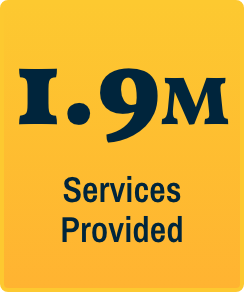


The Facts

The Harris Center operates the National Suicide Lifeline hotline–988–for this region covering 45 counties in Texas.

The Harris Center is the largest provider of community based behavioral health and IDD services in the State of Texas.

The Harris Center created and operates the nationally recognized Respite, Rehabilitation and Re-entry Center providing jail diversion, transitional and stabilization services.
Our Story
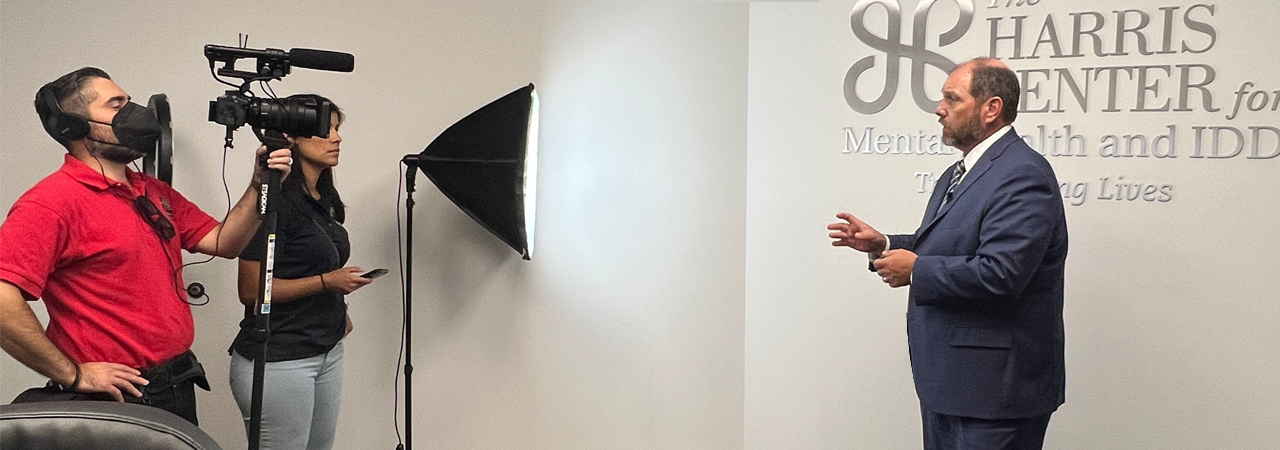
Meet The Team
Our Locations
9401 Southwest Fwy, Houston, TX 77074
7:30 A.M. - 5:00 P.M.
Monday thru Friday
- Pharmacy
- Outpatient Mental Health
- Children Services
- Primary Medical Care
- Intellectual Disabilities & Autism
- Forensic Mental Health Services
- Substance Use Disorder Services
1502 Ben Taub Loop Houston, Texas 77030
24 Hours - 7 Days/Week
- Psychiatric Emergency
- Substance Use Recovery
- Psychiatric Stabilization (Adults and Children)
- Pharmacy
- Detox/Substance Use Disorder Services
7200 N Loop E Fwy, Houston, Texas 77028
7:30 A.M. - 5:00 P.M.
Monday thru Friday
- Outpatient Mental Health
- Pharmacy
- Substance Use Disorder Services
3737 Dacoma St, Houston, TX 77092
7:30 A.M. - 5:00 P.M.
Monday thru Friday
- Outpatient Mental Health
- Pharmacy
- Substance Use Disorder Services
6160 South Loop East
Houston, Texas 77087
24 Hours - 7 Days/Week*
(The Respite, Rehabilitation, and Re-Entry Center does not accept "walk-in" appointments or provide open community access.)
- Forensic Mental Health Services
- Pharmacy
- Residential
5901 Long Drive
Houston, Texas 77087
7:30 A.M. - 5:00 P.M.
Monday thru Friday
- Outpatient Mental Health
- Children Services
- Primary Medical Care
- Pharmacy
- Substance Use Disorder Services
Strategic Plans
The Harris Center’s work is driven by our Mission, Vision and Values. It is structured around rolling 3-year strategic plans. In this way, we stay accountable to our stakeholders and ourselves and provide transparency to our progress and good stewardship of public funds.
Annual Reports
Annual Comprehensive Financial Reports
- Annual Comprehensive Financial Report 2022-2023
- Annual Comprehensive Financial Report 2021-2022
- Annual Comprehensive Financial Report 2020-2021
- Annual Comprehensive Financial Report 2019-2020
- Annual Comprehensive Financial Report 2018-2019
- Annual Comprehensive Financial Report 2017-2018
- Annual Comprehensive Financial Report 2016-2017
- Annual Comprehensive Financial Report 2015-2016
- Annual Comprehensive Financial Report 2014-2015
